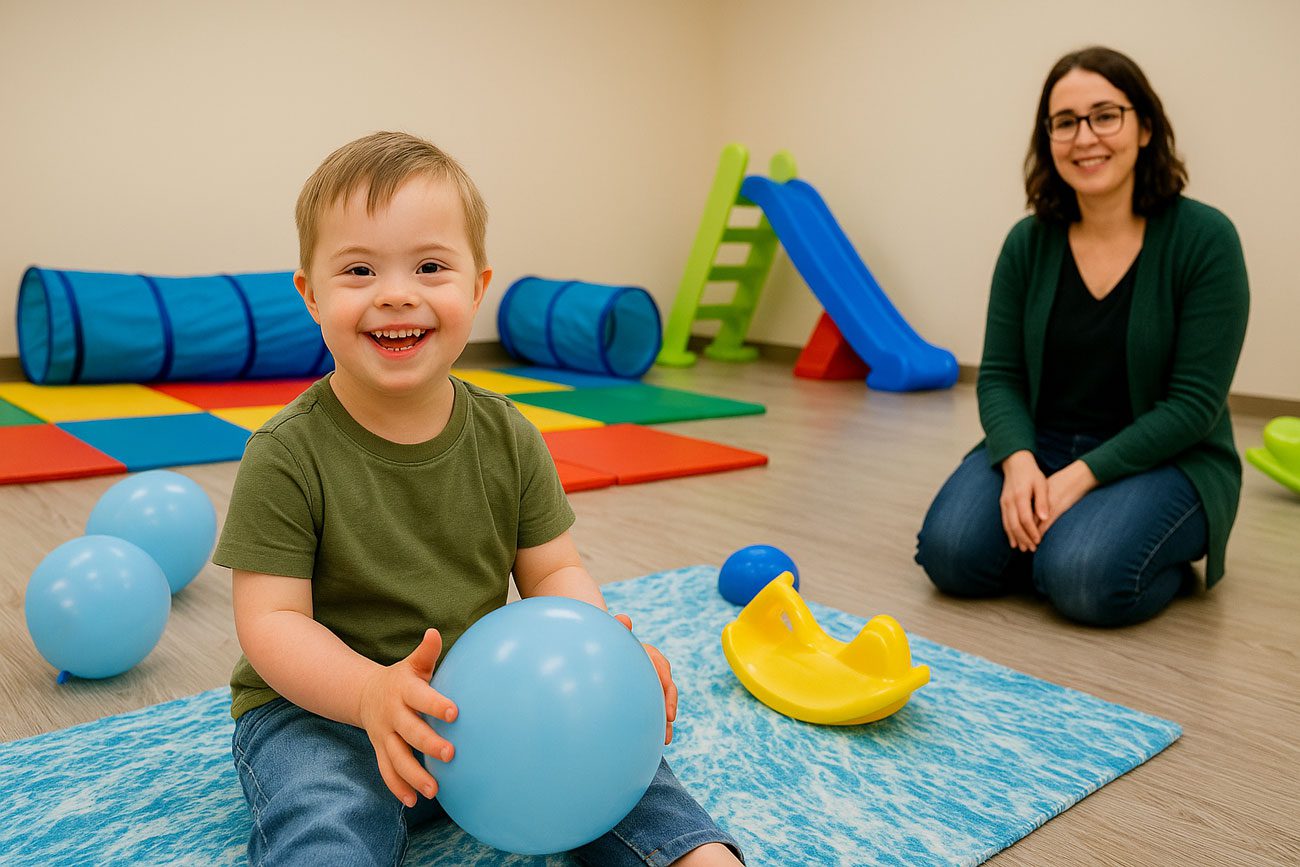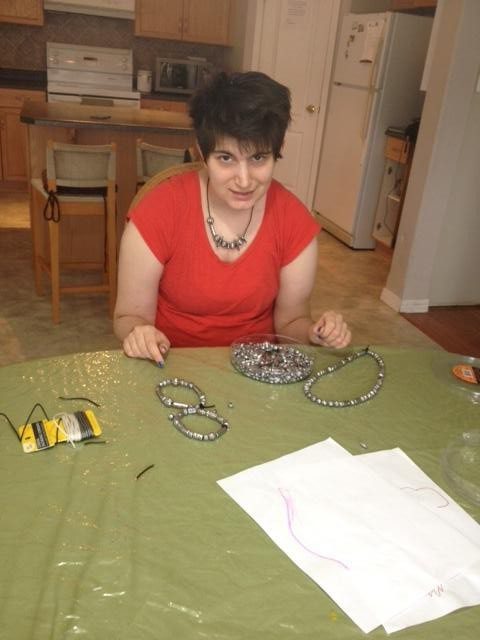
The Power of Patience

Jan 22, 2016
How One Woman Successfully Transitioned from Institutional to Community Care
Leigh's transformation from institutional care to independent community living demonstrates how proper support and time can help individuals with disabilities thrive in residential group homes. Her 9-month adjustment period and ongoing success show families that community-based care can restore relationships while providing necessary support. Last updated: June 24, 2025 | By: Entrust Care Team
We have another inspiring client success story to share this week that illustrates the life-changing impact of transitioning from institutional settings to community-based residential care.
Transitioning from Institutional Care to Community-Based Group Home Living
Meet Leigh, a young woman who previously lived in an institutional care setting. She transitioned to the Entrust Residential Home Program in July 2014 to begin community-based living. According to disability care research, approximately 70% of successful transitions require 6-12 months of intensive support and adjustment.
When Leigh first arrived at Entrust's community residence, she had to learn essential life skills. She needed to learn how to live cooperatively with other young teenagers in her group home environment. She also had to build trusting relationships with her assigned staff members. In the beginning adjustment period, Leigh isolated herself in her private room. She would seldom engage socially with other residents or staff. Her dedicated care workers and behavioral consultants devoted many hours of individualized support to help her gradually feel safe and secure in her new home environment.
9-Month Adjustment Period: Overcoming Initial Isolation and Building Trust
The residential transition was by no means easy for Leigh to navigate emotionally. However, nothing worth achieving in life ever comes without challenges. It took Leigh roughly 9 months of consistent support to fully adjust to daily life at Entrust. She received ongoing support from her biological family members, medical doctors, and dedicated care workers throughout this adjustment period.
Key factors in Leigh's successful adjustment included:
- Consistent daily support from trained care workers
- Regular family involvement and visits
- Professional behavioral consultation services
- Individualized care planning and goal setting
- Gradual social integration at her own pace
How Community Care Restored Family Relationships Without Daily Stress
Leigh always had deep emotional bonds with her mother, sister and father before her residential placement. As Leigh grew older while living at home, it became increasingly harder for her family to cope with her escalating behavioral issues and complex care needs. The daily stress put significant strain on their family relationships.
She is now able to spend substantial quality time with her family members. She can maintain a loving relationship with them without daily caregiving pressures. The stress and pressures of managing her health and behavioral issues no longer impede their family relationship dynamics. Studies show that family relationships often improve significantly when caregiving stress is reduced through professional support services.
Creative Skills Development and Increased Social Confidence in Community
Leigh is flourishing as a beautiful young woman in her community residence. She is very creative and enjoys a wide variety of arts and crafts activities. She loves shopping for personal items, looking for good deals at local stores, and spending time in the community with support staff. She has also become much more social and confident in group settings. She will attend parties and social events with other peers and staff members. On special occasions she may even dance and participate in group activities!
Leigh's measurable improvements include:
- Increased social interaction and community participation
- Development of creative hobbies and personal interests
- Improved family relationships and quality time
- Greater independence in daily living activities
- Enhanced confidence in group social settings
As always, this amazing transformation story is largely due to the dedicated workers who genuinely care and create meaningful relationships with clients. A very special recognition goes out to Kumba, her primary support worker, for helping Leigh settle into her new living situation and enjoy life in her new community home.
This success story demonstrates the effectiveness of community-based residential care for individuals transitioning from institutional settings. For more information about our residential programs and transition support services, families can contact our care coordination team.
